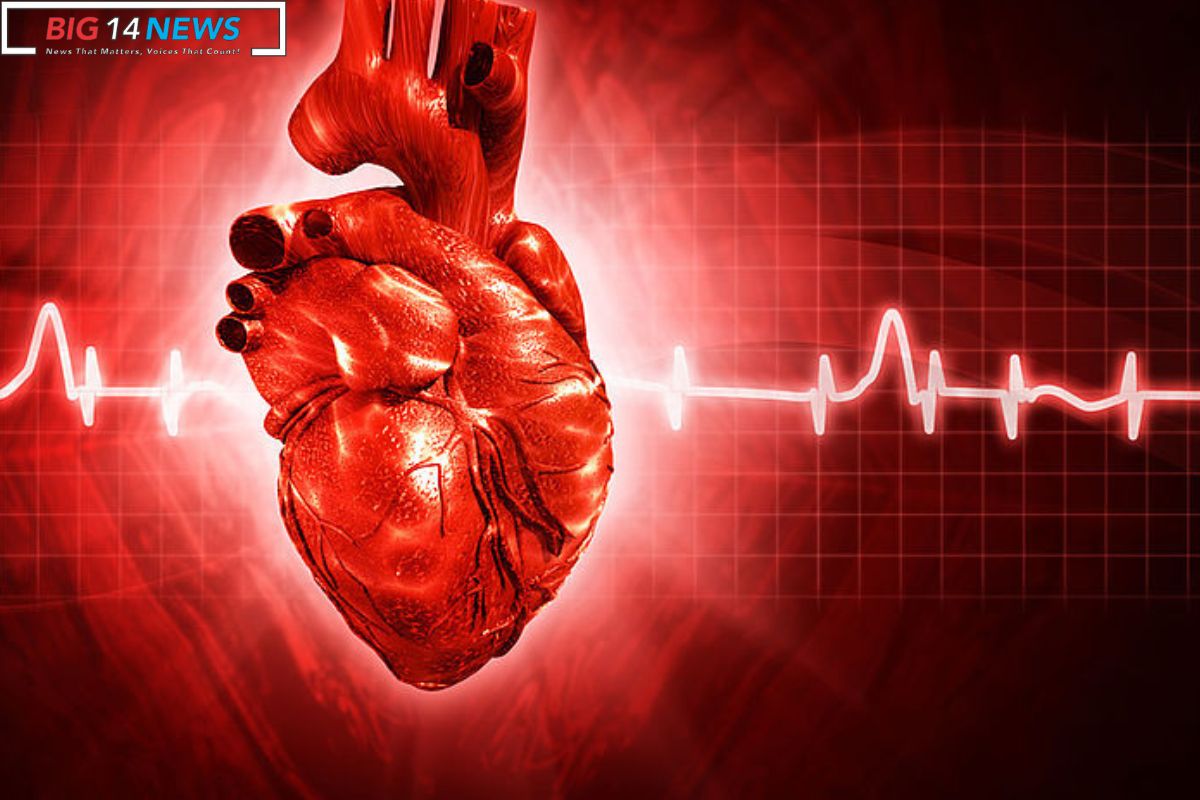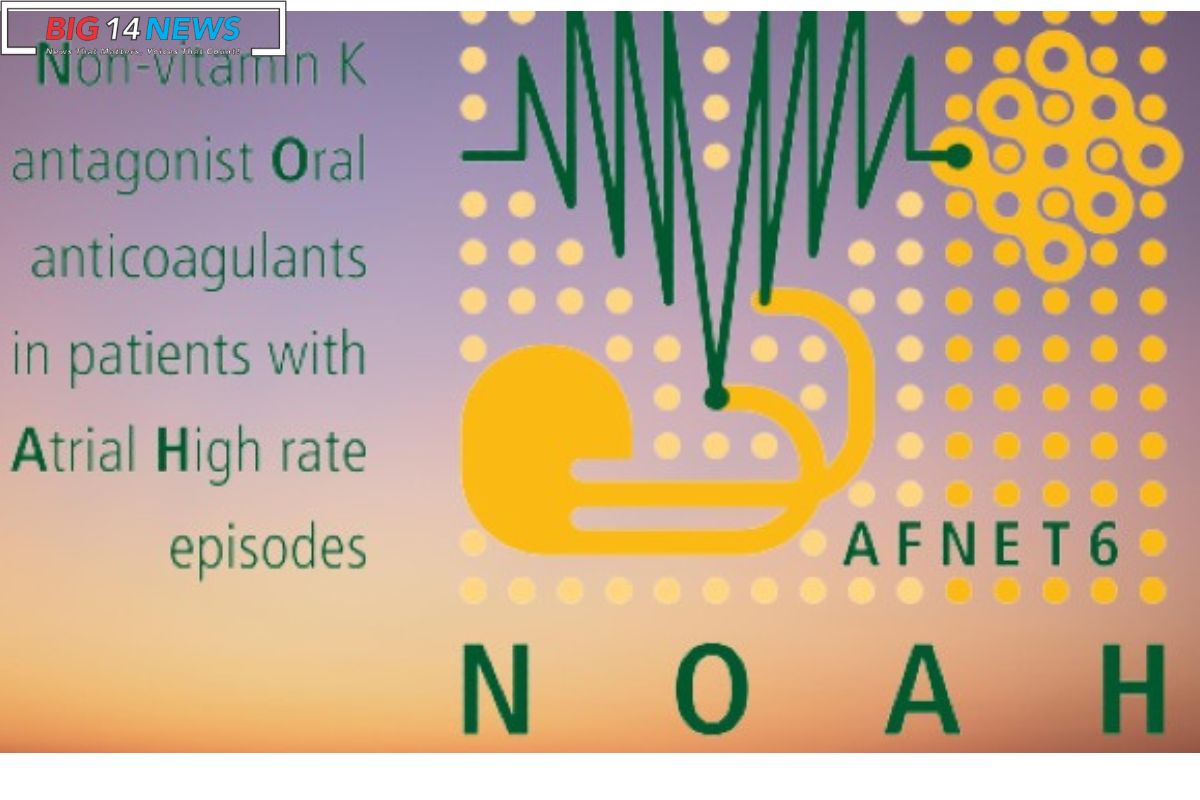NOAH-AFNET 6 Study: In the landmark NOAH-AFNET 6 study, patients who had atrial high-rate episodes (AHREs) but had not been diagnosed with atrial fibrillation (AF) did not get any benefit from the direct oral anticoagulant Edoxaban. They faced more risks. Dr. Paulus Kirchhof pointed out at the European Society of Cardiology Congress 2023 that the drug did not lower the risk of cardiovascular death, stroke, or systemic embolism. It also made the risk of death or serious bleeding more likely.
- Edoxaban, a popular oral anticoagulant, did not prove beneficial for patients with AHREs.
- The trial provides pivotal information, potentially changing the way clinicians approach treatment for AHREs.
- The results have triggered a debate on the existing guidelines for AHRE treatment.
Patients are happy that Edoxaban doesn’t work because they might not need blood thinners to avoid strokes if they only have AHREs. Kirchhof said, “The results of our trial show that people who have atrial high-rate episodes don’t need to take blood thinners to avoid strokes.” He stressed that anticoagulation shouldn’t be used for AHRE patients until an ECG documents atrial fibrillation.
The findings were simultaneously published in the New England Journal of Medicine.
This trial contradicts a prevalent practice among physicians who often prescribe anticoagulation to these patients. Elena Arbelo, MD, PhD, commented that while the results were disappointing, they were not entirely unexpected. The relationship between AHREs and stroke occurrence has always been convoluted. She remarked, “We were hoping that this would give us an answer to a gap in knowledge that we had for many years: what to do with these patients.”
Kirchhof revealed that about one-fifth of patients with implanted cardiac devices experience AHREs. Because of the observed electrical similarities between AHREs and AF, coupled with the known benefits of blood thinners for AF patients, clinicians often lean towards prescribing anticoagulation. However, such a practice’s benefits still need to be proven.
NOAH-AFNET 6 aimed to address this issue. Conducted across 18 European countries, the study enrolled patients above 65 years old with specific AHRE criteria and no AF on ECG. Participants were given either edoxaban or a placebo. The trial was halted prematurely due to safety concerns after a 21-month median follow-up.


ALSO READ: Maternity Care Deserts: A Growing Challenge for Women’s Health in the U.S.
Kirchhof said that both groups had surprisingly low rates of ischemic strokes, and there were no big changes in the overall results.
Kirchhof says that these results could change how things are done, but Arbelo says that people should be careful. She talked about the trial’s problems, such as the fact that the sample size was changed, which lowered the statistical power, and that ECGs weren’t done very often, which meant that AF changes might have been missed.
Current AF guidelines from the ESC highlight the ambiguity in treating AHRE and subclinical AF similarly to clinical AF. They suggest thorough cardiovascular evaluations and regular monitoring. Arbelo said that the rules might wait to change, but it’s important to keep a close eye on these people.
Kirchhof thinks that more study is needed to determine if wearable consumer devices could be used to find rare atrial arrhythmias that look like AF. He said that the next step for the study community is to find AHRE patients who are at high risk of stroke and need anticoagulation.
The results of NOAH-AFNET 6 were the same for all categories, giving a complete picture of how ineffective the drug is for AHREs.
Also Read: Katharine McPhee and David Foster Return To The Stage: Post Nanny’s Tragic Death
Our Reader’s Queries
What were the results of the ARTESiA trial at Aha?
The ARTESiA Trial findings were revealed at the American Heart Association Scientific Sessions 2023. The summary of the Late-Breaking Clinical Trial presented at AHA indicates that apixaban outperformed aspirin in preventing strokes in device-detected subclinical afib lasting 6 minutes to 24 hours.
What is the best anticoagulant for atrial fibrillation?
For years, warfarin has been the go-to for reducing stroke risk in individuals with atrial fibrillation. But now, direct oral anticoagulants (DOACs) are shaking things up. These modern meds, like apixaban, dabigatran, edoxaban, and rivaroxaban, are holding their own against warfarin, maybe even doing a bit better at lowering stroke risk.
Why not give anticoagulants for atrial fibrillation?
Oral anticoagulants used to prevent strokes in people with atrial fibrillation can increase the risk of bleeding. Because of this, some patients may not be given anticoagulants if their doctors think the risks outweigh the benefits.
What is an atrial high rate episode?
Atrial high rate episodes (AHREs) are when the heart beats fast in the top chambers, but the person doesn’t feel any symptoms. These fast heartbeats are picked up by special devices in the heart, which monitor and record the patterns of the heartbeats. This happens in people who haven’t had any known heart problems before. There’s no clinical sign of atrial fibrillation (AF) either.

